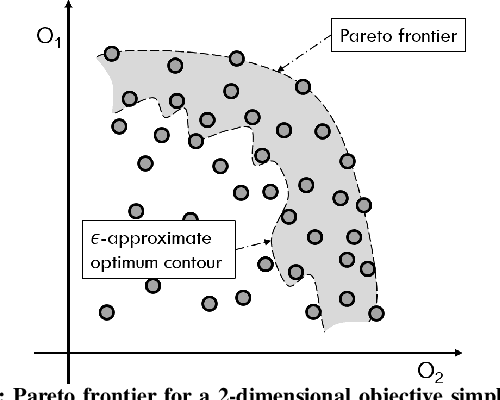Tung-Chieh Chen
CROP: Circuit Retrieval and Optimization with Parameter Guidance using LLMs
Jul 02, 2025Abstract:Modern very large-scale integration (VLSI) design requires the implementation of integrated circuits using electronic design automation (EDA) tools. Due to the complexity of EDA algorithms, the vast parameter space poses a huge challenge to chip design optimization, as the combination of even moderate numbers of parameters creates an enormous solution space to explore. Manual parameter selection remains industrial practice despite being excessively laborious and limited by expert experience. To address this issue, we present CROP, the first large language model (LLM)-powered automatic VLSI design flow tuning framework. Our approach includes: (1) a scalable methodology for transforming RTL source code into dense vector representations, (2) an embedding-based retrieval system for matching designs with semantically similar circuits, and (3) a retrieval-augmented generation (RAG)-enhanced LLM-guided parameter search system that constrains the search process with prior knowledge from similar designs. Experiment results demonstrate CROP's ability to achieve superior quality-of-results (QoR) with fewer iterations than existing approaches on industrial designs, including a 9.9% reduction in power consumption.
Flexible Multiple-Objective Reinforcement Learning for Chip Placement
Apr 13, 2022



Abstract:Recently, successful applications of reinforcement learning to chip placement have emerged. Pretrained models are necessary to improve efficiency and effectiveness. Currently, the weights of objective metrics (e.g., wirelength, congestion, and timing) are fixed during pretraining. However, fixed-weighed models cannot generate the diversity of placements required for engineers to accommodate changing requirements as they arise. This paper proposes flexible multiple-objective reinforcement learning (MORL) to support objective functions with inference-time variable weights using just a single pretrained model. Our macro placement results show that MORL can generate the Pareto frontier of multiple objectives effectively.
 Add to Chrome
Add to Chrome Add to Firefox
Add to Firefox Add to Edge
Add to Edge